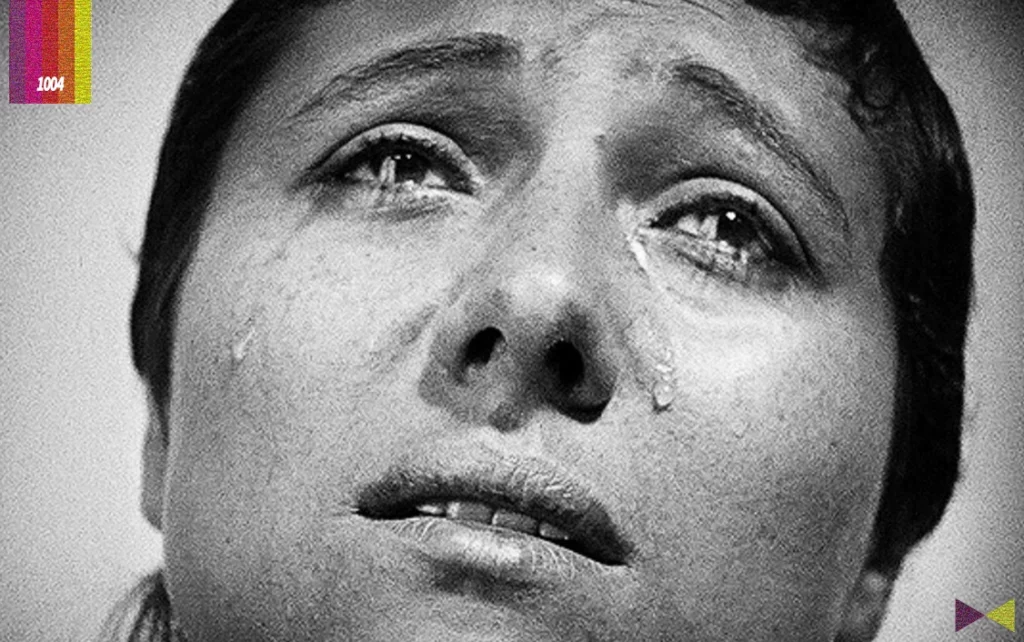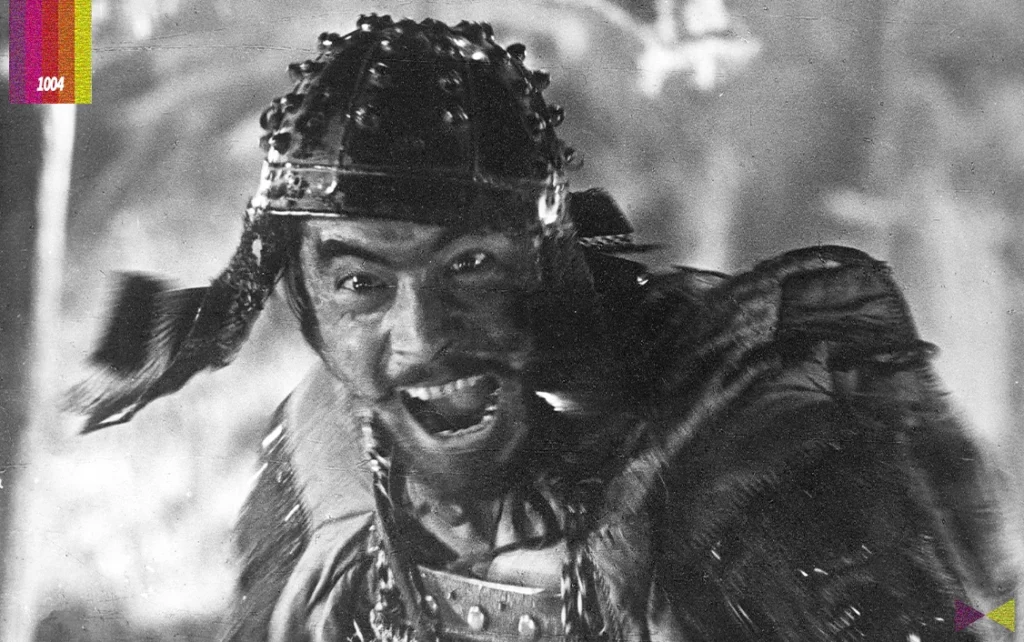10 Best Films of All Time: Jacob Davis
What puts a film among the best? How important are factors like popularity, its box office haul, or Rotten Tomatoes score? Should it have achieved widespread acclaim among film scholars and seasoned critics? This subject has fueled debates that may persist until films become historic artifacts, akin to ancient Mesoamerican art. Ask this question to a hundred people, and be prepared for a hundred different responses – a glance at our staff’s own lists surely illustrates this point. The criteria for the best vary wildly from person to person, incorporating elements of personal taste and sensibilities regarding art.
As I made this list, I wanted to give an overview of film history, honing in on pieces that are important in Western (especially American) cinema’s evolution. While the Koker Trilogy is undeniably great, its reach in shaping the broader cinematic medium, especially in the West, is limited (despite reflecting present-day leanings towards found footage and maximal realism). I have also chosen to avoid films I have not seen all the way through. I’ve seen the Odessa Steps segment in Battleship Potemkin and studied Eisenstein’s revolutionary editing techniques, but I could not recommend a film I have not seen as one of the best of all time no matter the expert consensus.
Another factor in my selection process was the overall trajectory of the filmmaker(s) involved to the best of my knowledge at the time of writing. While The Matrix is a great movie and highly regarded within its era, the Wachowskis’ later works have polarized audiences and critics considerably. It’s important to note that my list leans heavily male, reflecting both a historical bias in the industry and my personal gravitation towards directors who cater to male viewers. This list also restricts itself to feature-length films, ruling out shorts like the Lumiere brothers’ 50-second The Arrival of a Train. I also tried my best to include a variety of genres, otherwise this would devolve into a list of the 10 best crime films of all time.
With these considerations in mind, here are my selections for the 10 Best Films of All Time. You may have seen some, but I encourage you to watch those you haven’t, as they are sure to entertain and enlighten in various ways. These films are presented in no chronological order because ranking them is an impossible task, as they are each exceptional in their own right.
Follow me on X (Twitter) – @JacobFilmGuy
10. The Passion of Joan of Arc (1928)

Do you hate the idea of silent movies but are curious about giving one a try? Buster Keaton or Charlie Chaplin may be an easier starting point, as their comedic styles have a timeless appeal that resonates across generations. However, if you find yourself intrigued by the dramatic offerings of 1920s cinema, The Passion of Joan of Arc should be your first choice.
This film immerses viewers into Joan of Arc’s harrowing trial for heresy at the hands of English-aligned Frenchmen during the Hundred Years’ War, faithfully adapted from the event’s historical records. The director, Carl Theodor Dreyer, is hailed as one of the silent cinema’s maestros, standing tall among Europe’s early cinematic innovators.
As a silent film, it places emphasis on the visual aspects of film in a way that theater cannot replicate, showing the unique artistic power of cinema to put viewers right in the face of subjects. Renée Jeanne Falconetti’s portrayal perfectly conveys Joan’s torment and unwavering resolve. Dreyer’s directorial style is uniquely his own, blending techniques from various European cinematic movements to craft this masterwork.
Created on the cusp of the sound era, it may even be considered the pinnacle of the silent era, representing the apex of a crescendo that laid the foundation for the visual elements of the movies we know and love today.
9. Seven Samurai (1954)

Akira Kurosawa worked in many genres and eras, but is best remembered for his films about historical Japan. Rashomon and Yojimbo have stood the test of time, but Seven Samurai is undoubtedly his greatest work. It’s a simple story of a ragtag group of warriors who come together to defend a village from bandits, told exceptionally well in a way only film can.
Seven Samurai may be the breeziest three-hour film of all time, with not a moment wasted and excellent pacing to boot. The group’s interactions with each other and the villagers are what really make the film, and frequent Kurosawa collaborator Toshiro Mifune stands out for his attitude and posturing as a 16th century ronin. Kurosawa and cinematographer Asakazu Nakai’s talent as visual artists is shown in the stunningly composed shots that capture the Japanese countryside, intense action, and the good but complex nature of the film’s heroes.
The film also represents a cultural exchange between Western and Eastern cinema that will continue as long as those traditions exist – John Ford was an influence on Kurosawa whose films inspired directors like Sergio Leone, George Lucas, and the folks at Pixar who made A Bug’s Life… not to mention the film’s influence on the concept of team-ups in general.
No matter what type of film or genre you prefer, Seven Samurai and its influence is nearly inescapable within cinema.
Recommended for you: Akira Kurosawa, Toshiro Mifune: Cinema’s Greatest Collaborations


This article covers “The Passion of Joan of Arc” by first admitting that her trial was conducted by “English-aligned Frenchmen” but then goes on to say that the film was “faithfully adapted from the event’s historical records” – meaning the trial transcript which dozens of eyewitnesses said was falsified by those English-aligned tribunal members on behalf of their faction. The transcript is contradicted on important points by all the other evidence, meaning that the film often deviates from history on those important points, instead repeating the propaganda of the people who put her to death. Yes, it has lots of close-ups that allow you to see every wart on the faces of her accusers, but this cinematic gimmick hardly makes up for the use of a propaganda document as the basis for the film. Granted, there are far worse films on the subject since many of the more modern ones were just made up completely; but nonetheless the endless gushing over “The Passion of Joan of Arc” in article after article becomes tedious after awhile.
I tried repeatedly to close my gaping smiling mouth while reading. So, thank you for that. thank you.
I appreciate the thoughtful comment and knowledge! I do want to point out that “accurate to the record” and “the record being accurate” are two different questions. I cannot speak to the accuracy of the record, and ultimately do not care if the film is basing itself on 15th century anti-French propaganda. I also do not care about a historical fiction film’s accuracy in general unless the film is attempting to color current discourse with false information. It could be debated that the film contributes to bad historical perceptions or bad historiographical practices, but I’m not sure the film is popular enough to warrant such worry. The gushing is more about an appreciation of the filmmaking from one of the silent era’s best directors. And on the propaganda front, the film’s framing is certainly antithetical to any 15th century anti-French sentiments, as it elevates Joan and her spiritual views in a figurative and literal sense.
That’s exactly how I felt writing it, though that may have been from caffeine delirium.
So fun to see a silent film on one of these lists!
Silent films can be tedious for me, so I had to pick one I loved from beginning to end!